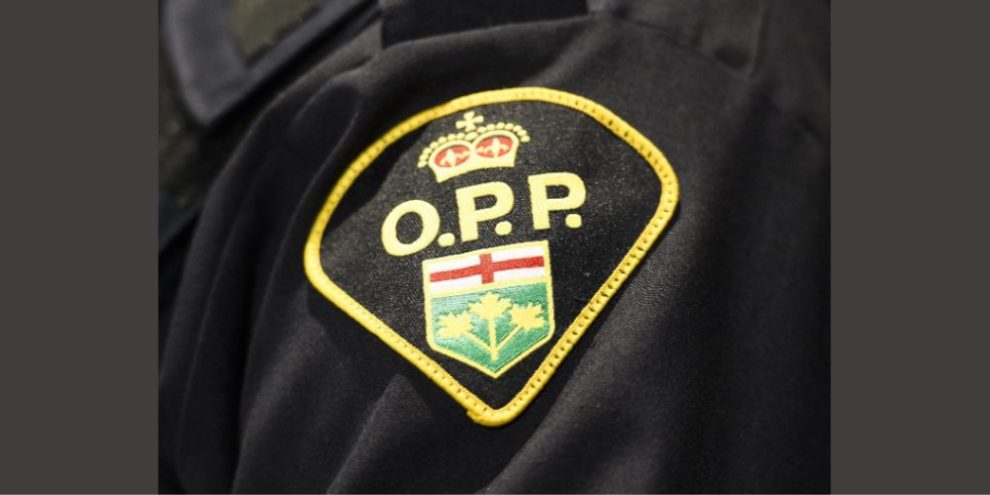
Police say $15,000 was stolen as a result of two grandparent scams that are being investigated by the OPP in Bracebridge and Huntsville.
"Scammers are targeting seniors by playing upon their emotions and fear of a loved one being in police custody," provincial police said in a news release.
On Tuesday, police say grandparents in Bracebridge received a phone call from someone posing as their grandson stating he was in police custody and required $10,000 to be released.
Then on Wednesday, a grandmother in Huntsville received a similar call that her grandson needed $5,000 to be released.
In both cases, the victims spoke to someone they believed to be a police officer and were instructed to attend their bank and withdraw cash. A male would then attend their residence and pick up the cash.
In the Huntsville incident, the male was described as white, 5'10", dark hair, and wearing a blue surgical mask. It is believed the male was dropped off or had a vehicle parked nearby. The victim did not observe a vehicle parked out front of their home.
In the typical emergency/grandparent scam, the victim will receive a frantic phone call from someone claiming to be a grandchild or loved one. The caller will explain that they are involved in some sort of mishap like a car accident, in police custody, or are having trouble returning from a foreign country and need money right away. The scammer will often insist that the victim does not tell anyone. The call could also involve someone claiming to be a law enforcement official, lawyer, or bailiff.
Be aware of some warning signs:
· Urgency: The scammer always makes the request sound very urgent, which may cause the victim to not verify the story.
· Fear: The scammer plays on the victim's emotions by generating a sense of fear. For instance, they may say, "I am scared, and I need help from you."
· Secrecy: The scammer pleads with the victim not to tell anyone about the situation, such as "Please don't tell Dad, he would be so mad."
· Request for Money: Money can be requested by money transfer or in some cases the scammer sends someone to your home to pick up the payment.
To avoid becoming a victim, check with another family member or trusted friend to verify the information before sending money or providing credit card information by phone or email.





